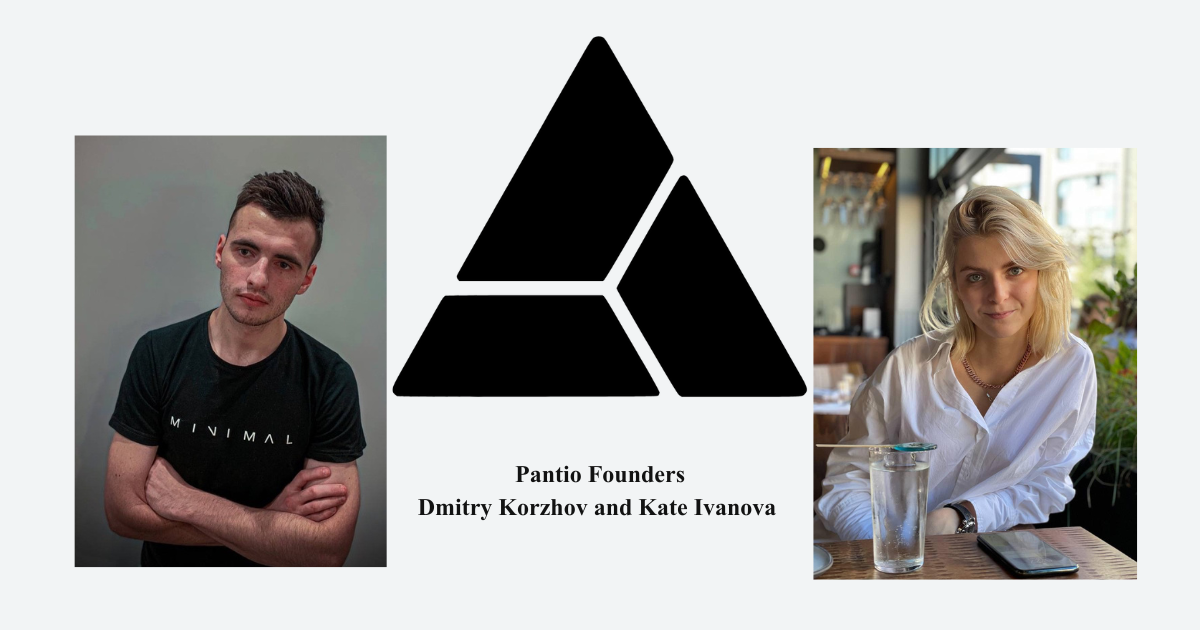The Value of a Strong Company Identity in Deathcare
In the last two years the way deathcare companies do business has changed forever, and probably for the better. Many professionals agree that things like virtual arrangements and services have helped bring the funeral profession into the 21st century. Beyond technology, it’s time to observe all of the ways that we do business in this professional space and catch up on other areas where deathcare may previously have lagged behind. Having a strong company identity could be one of those areas.
Especially since the boom of the silicon valley tech revolution over the past 30 years, building an enticing company culture has helped countless organizations attract top talent and has become a base-line for hiring practices, branding, and employee retention. In a more traditional sector like funeral service, building company culture might not be something that many individual businesses have prioritized, or even thought about. However, according to an article from Team Stage, company culture is a deciding factor when seeking a job for 46% of job seekers, and at least relatively important for 88% of job seekers in 2022. That means that almost half of the prospective employees evaluate potential employers by their company culture. In today’s workplace landscape of worker shortages and employment revolutions it’s important for funeral businesses to learn the value of building a strong company identity in the deathcare space.
What is “Company Culture”?
This article from Atlassian’s blog Work Life offers a good start to thinking about a strong company identity, or company culture, “Even though company culture has become a hot topic in recent years, it’s still sort of intangible and difficult to wrap our arms around. Here’s one way to think about it, […] company culture is the promise you make to your employees and candidates about what it’s really like to work for you. What sort of environment can people expect to work in? What are your core values? What are your norms? Think of your culture as the personality of your organization. It captures the shared beliefs and behaviors that determine how your team members interact and make decisions.”
How to Build Company Values:
Find Your Core Values
Finding and articulating an organizational “why” can help your employees understand the shared vision that the staff at your funeral home are a part of. Understanding your company’s “why” will be instrumental in helping you hone in on what your company’s core values are. Sandra Walker, Vice President of Strategic Business at Fairmount Memorial Association in Washington State shared some valuable insight to finding your “why” as a funeral service business on the deathcare decoded podcast:
Once you have a clear “why” for your business that motivates and unites the efforts of your employees, it will be easier to narrow down a few key words that express your core values. Company core values should clearly communicate what your organization prioritizes, cares most about, and what families can expect when working with you.
At Parting Stone, our core values are Empathy, Precision, Gratitude, and Curiosity. As a death tech start-up that values innovation and empowering families in their grief, these four values reflect who we are as a company, what employees can expect our day-to-day priorities to be when they join the team, and what families can expect when they work with us.
Intentionally Shape the Day-to-day at Your Company
Once you have them, the most important part of having core company values is actually following through on incorporating then into the day-to-day work environment for your clients and staff. On the Deathcare Decoded podcast, Morgan Yarborough, Services Manager at Recompose, explains some of the ways that the company is taking active steps to have their organization reflect and embody their core values of antiracism and inclusion in the everyday experience of their employees. She explains that sometimes those steps might include consulting outside help, and often start with listening to employees,
“[Recompose is] taking steps to act on [our] values because it’s one thing to write values on your website, it’s another thing to live it. As a start up that isn’t even a year old yet, we are still figuring out a lot of things and one of them is growing a staff that is diverse and getting input on our company from all of those perspectives. Interestingly, one thing I’ve discovered as a person who interviews and hires is that there is a lot of lack of diversity in funeral director spaces based on who has access to that education and licensing, at least in Washington State. I’m finding that there is just not a lot of diversity out there. What I really appreciate about our company is that we have engaged an outside DEI (diversity, equity, inclusion) company to help evaluate our starting documents and get anonymous employee feedback so that we can see where we are as a company, what we are doing right, and what is not going so well, so that we can act based on that […] It’s so nice to work for a company that is actually putting in the resources and the work to examine [internal culture] and make sure that our employees are heard. We want to hear all of the different voices in our company, which is sometimes hard as a start-up, but I know in my department we make our voices heard and management is receptive to that, which is totally new for me. In previous places I’ve always been shot down, so it’s a nicer work environment to be in when you feel like your opinion is cared about, and that you are cared for. That in and of itself is pretty radical in workspaces, and maybe it shouldn’t be, but from my experience it is.”
Similarly at Parting Stone, our company takes active steps toward involving our core values in the day-to-day operations of our business. We embody our value of precision by integrating kaizen efficiency strategies into our offices and labs. We prioritize finding and practicing gratitude through a thank-you note initiative that we started with our families that has been immensely rewarding for our staff. Investing small amounts of time to these values goes a long way towards practicing and living the core values that we strive to uphold.
Curious about Parting Stone and offering solidified remains in your funeral home? Click below to request more information.
Beware of “Culture Fit” Pitfalls
Core values should be reflected in all aspects of your business, including who is on your team. However, each “value” can be expressed and celebrated in a multitude of ways. Be wary of hiring based on ideas like “culture fit” i.e. finding people who are exactly like the staff you already have. Having a strong company identity doesn’t mean that everyone you hire should be, think, or look the same!
This article from Buffer explains that, “When we use these kinds of methods—gut feeling, the “airport test,” or looking for shared experiences, we run the risk of creating a culture in which everyone is similar. In the best-case scenario, this leads to a lack of creativity and stunts a company’s problem-solving capacity. In the worst-case scenario, it creates a faulty feedback loop that fulfills existing prejudices.”
The article suggests doing away with the idea of “culture fit” in your company and replacing it with terms like “culture contribution” or ”culture compliment” when thinking about expanding your team. Instead of thinking in terms of who fits an existing “culture” when you hire, shift towards thinking about building a company that values diversity, creativity, and a broad range of perspectives and input.
Morgan Yarborough explains one way that Recompose is taking action towards building a more diverse workforce within their organization, “As we grow and get more employees we have plans to form a DEI (diversity, equity, inclusion) committee of people from all departments and all levels at Recompose. Employees from management down to starting positions could be on that board if they are interested so that we get more voices in and more direction based on that.”
Why are Strong Company Values Important, Specifically in Deathcare?
In a survey for funeral professionals put out last year by Connecting Directors, “employee recruitment and retention” was rated as the top challenge faced by funeral professionals today. When your funeral business has strong company values, and incorporates those values into how your business operates and what you prioritize, it clearly communicates what can be expected by both current and potential employees, as well as by your clients and families.
On the Deathcare Decoded podcast, Morgan Yarborough, explains why embodying clear company values is important for funeral business employees and families, “We openly state the values [of inclusion and antiracism] that we have… many of us are members of the queer community, and we obviously want to openly support the communities that [our employees] are a part of. We also want to make those values known so that families can feel comfortable talking to us and so that we can make a change about those subjects in the deathcare space.”
When your company culture clearly communicates a message of support for your employees this can also help you attract top talent that will be a good fit for your business. When potential employees can see that your funeral business has a clear identity and values, and when your business actually follows through on those values after hiring, recruiting and retaining excellent employees should be much less of a burden.
With a strong company identity, families and customers alike will also have a more clear understanding of who you are and what their experience with your company will be like. If a family knows that your business offers a space in which they will be safe and cared for, it can make the difficult and emotional task of death planning a little easier.




